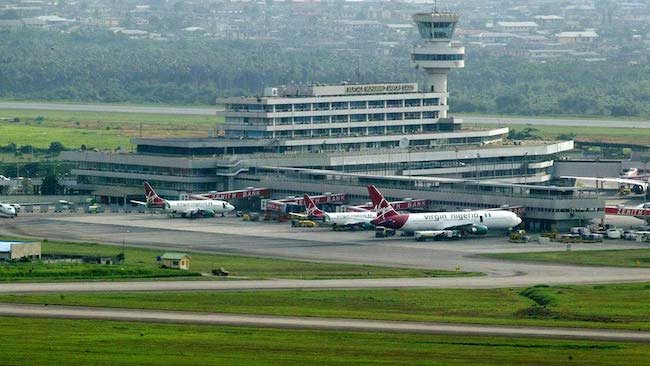Business
Nigeria’s travel agencies lose $550m to fuel price hike, declining ticket sales

The President of the National Association of Nigeria Travel Agencies (NANTA), Susan Akporiaye, said on Friday the operators had lost $550 million in revenue due to a drop in ticket sales and an increase in fuel prices.
Airline operators in Nigeria raised airfares due to the increase in the price of Jet A1 known as aviation fuel from N200 to about N1,000 per litre last year.
The hike in aviation fuel was driven by scarcity of the product after the Russia and Ukraine war disrupted the distribution of crude, forcing western countries to hoard the refined commodity.
This reduced the availability of JetA1 in the global market, and with Nigeria depending on the importation of the product, the impact was felt more by the domestic airline operators.
Following the rise in ticket prices, air passengers reduced their travelling or adopted road transportation.
Some Nigerians also travel by road to other African countries to book cheaper flights.
The NANTA president, who addressed journalists at a media briefing in Abuja, stated that 720,000 had also lost their jobs in the sector.
Akporiaye said: “The situation at hand has made Nigerian travellers patronise agents in other African countries. Less than 30 percent of tickets sold in Nigeria were done by local agents, and with this, the Nigerian government is losing a lot of tax.
Read also:Fuel scarcity affects operations, as price hike hits aviation industry
“To reduce the amount of money that would be trapped in Nigeria, the foreign airlines have also stopped local travel agents from issuing tickets emanating from other countries into Nigeria.”
She added that the exchange rate difference between the black and official markets was another challenge to the industry.
“Also, the shame of a parallel dollar monetary policy in the travel sector against established national naira monetary policy,” she lamented.
The NANTA president also criticised the politicians for snubbing the industry.
“We are also worried that none of our political parties has deemed it necessary to look at aviation economics, particularly, its homogeneous socio-economic and security opportunities.
“We advise the incoming government to follow up keenly on Bilateral Air Services Agreement (BASA) and other extant aviation laws which will open our economy to serious local and foreign investors, we also remain available for consultation,” Akporiaye concluded.
Join the conversation
Support Ripples Nigeria, hold up solutions journalism
Balanced, fearless journalism driven by data comes at huge financial costs.
As a media platform, we hold leadership accountable and will not trade the right to press freedom and free speech for a piece of cake.
If you like what we do, and are ready to uphold solutions journalism, kindly donate to the Ripples Nigeria cause.
Your support would help to ensure that citizens and institutions continue to have free access to credible and reliable information for societal development.
























